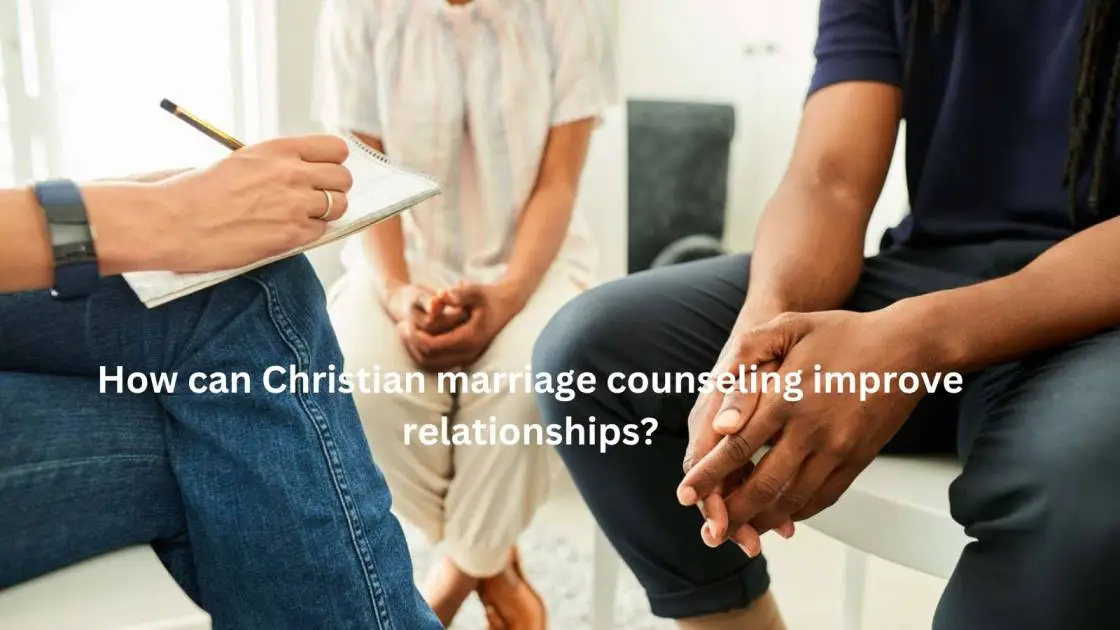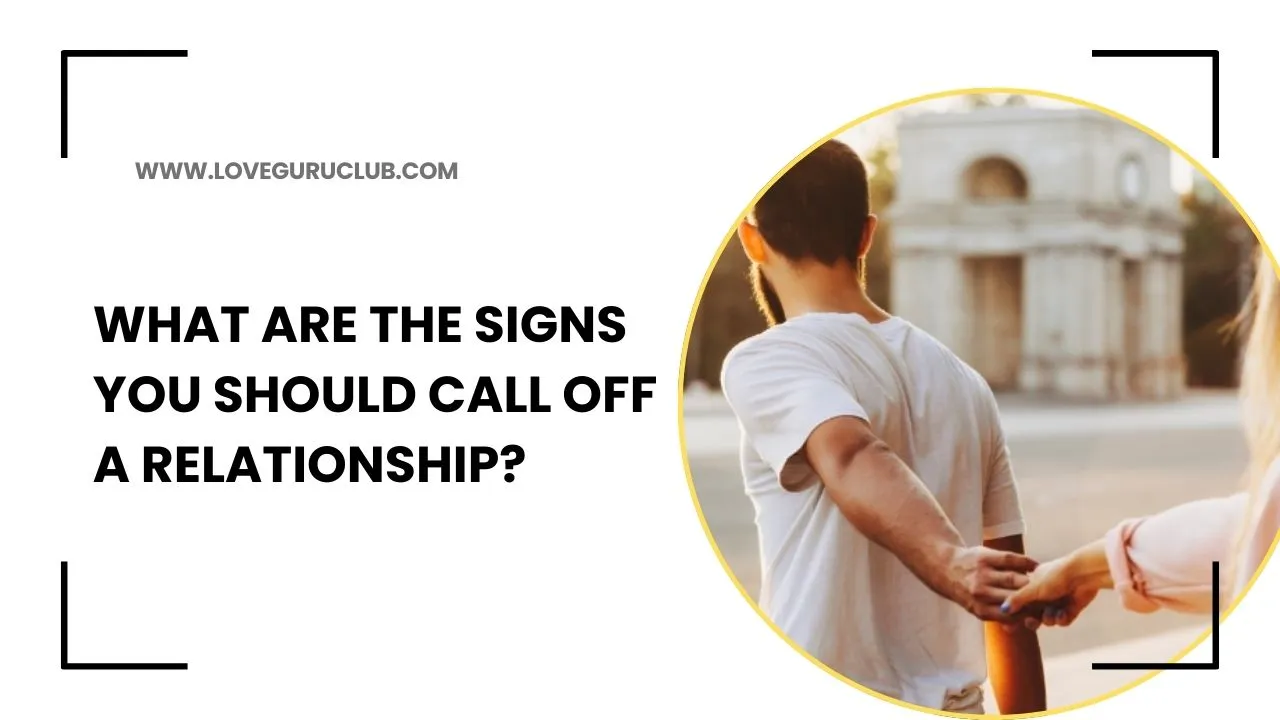7 Thinking Traps Holding You Back From Happiness

How many of these thinking traps are getting in the way of your wellbeing?
Throughout the years of running BU and helping people learn how to manage their minds, master their emotions, and thrive we’ve recognised 7 common thinking traps that hold people back from happiness. In this blog article we are going to reveal 5 of them. At the end of the article we will reveal how you can discover the final 2.
Each of these thinking traps can dramatically slow down, and even prevent, your progress towards a happier and more fulfilling life. If you want to maximise your wellbeing and accelerate your personal development it’s essential that you recognise, understand and overcome these thinking patterns.
For each thinking trap we’re going to explain why it’s a problem and we’re also going to share how you can begin overcoming it. If you’d like more tailored advice on how you can accelerate your personal development and wellbeing journey make sure you check out our signature coaching program and download the info kit by clicking here.

1. “Losing Weight Will Automatically Make Me Happier”
This is a common thinking mistake that’s incredibly easy to fall into. After all, there are billions of dollars spent each year on advertising that is designed to convince you that this thought is true. The truth of the matter though is that losing weight isn’t a one stop shop to happiness or wellbeing.
With an ever increasing body of research showing harmful relationships between rapid weight loss and wellbeing (both physically and mentally) it is becoming even more clear that losing weight doesn’t guarantee happiness. In fact in some cases it can even worsen your mental and emotional wellbeing.
Instead of hinging your happiness and self-esteem on one physical change that is notoriously difficult to sustain healthily, it’s far more advisable to focus on developing a healthier relationship with your body as it is now. By forming a healthier relationship with yourself and your body you are more likely to commit to health-promoting behaviors. When you have a better relationship with your body you’re more likely to move it in a way that you enjoy and you’re also more likely to develop a more nourishing relationship with food.
If you’re not sure how to begin forming a healthier relationship with your body make sure you download our coaching info kit here and have a complimentary chat with one of our Coaches so that we can help point you in the right direction on your self love journey.

2. “Exercising is All The Self Care That I Need”
Let us start by saying that exercise is a fantastic form of self care and we are huge believers in its benefits not only to physical wellbeing but also to mental and emotional wellbeing.
In saying this, exercise alone is not enough to sustain an effective self care routine. Think of it like eating vegetables. Eating vegetables is incredibly good for you but you can sustain a healthy diet off vegetables alone. Maybe some days you just won’t feel like eating vegetables, maybe some days you won’t have immediate access to your vegetables. What do you do then?
This is what happens when people build their entire self care habits around exercising. What happens if you get injured and can’t exercise? What happens if you just don’t feel like exercising some days because that’s not what your body needs at the time?
By putting all your self care eggs in one basket you run the risk of missing out on some crucial components of wellbeing. You also place a tonne more pressure and expectation on exercising. Unfortunately, we’ve seen this lead to unhealthy relationships with exercise and food.
The solution to this thinking trap is to develop a balanced and cohesive self care strategy. The best self care strategies meet all three forms of self care; physical self care, mental self care and emotional self care. They are also built around tools and habits that resonate with you as an individual.
To begin building your self care strategy check out our ‘Overcoming Overwhelm’ 7 day challenge HERE

3. “I Should Be Able to Manage My Emotions On My Own”
This is a common misconception that holds a lot of people back from enjoying a life of thriving and fulfillment. Perhaps it stems from a fierce sense of independence, perhaps it’s driven by a fear of asking for help, or maybe it’s perpetuated by a culture in society that suggests someone needs to reach rock bottom mentally before reaching out for support.
Whatever is behind this thinking pattern, it’s not helping people be happier.
At the end of the day could you figure out how to manage your emotions and maximise your wellbeing on your own? Probably, but it’s likely to be slower, messier and a lot more painful than asking for support and guidance.
All of our team at BU still receive Coaching because we know the importance of having a professional in your corner and we also believe in being proactive with our wellbeing. It’s incredibly difficult to see your own blindspots and it’s tough to keep yourself accountable.
The best way to overcome this thinking trap is to ask for help and surround yourself with a team of the right people (friends, family, coaches, mentors and other professionals). If you’d like to connect with our community of likeminded people and world-class professionals then you know what to do, download the coaching info kit by clicking here.

4. “I Need to Hit Rock Bottom Before Asking for Help”
We touched on this one a moment ago but it really does deserve a section of its own. Unfortunately the general approach to promoting mental and emotional wellbeing in Australia is incredibly reactive. It’s built around supporting people to go from breakdown to ‘normal’ (whatever that means).
Don’t get us wrong, we thinking it’s incredibly important that there are entire fields of amazing professionals out there helping people overcome their past and rebuild back to feeling ‘ok’.
However when this is the only approach that is promoted to the public it tends to perpetuate the myth that you have to hit rock bottom before asking for help with your mental and emotional wellbeing.
When you think about it this would be like the fitness industry saying you had to have a heart attack before you should start exercising. It just doesn’t make sense.
Counselling, therapy, positive psychology and coaching are all fantastic approaches to helping you build your mental and emotional wellbeing proactively. This way you’ll be able to build your way past ‘normal’ and feeling ‘ok’. You’ll be able to build your way to a life of emotional thriving and fulfillment.

5. “If I Don’t Nail it Straight Away It’s Not Meant for Me”
This mistake is driven by perfectionism and a fear of failure. Unfortunately our society tends to have a strained relationship with failure and doesn’t recognise the importance and value of it when it comes to learning.
Wellbeing is a skill. And like any other skill there are going to be times where you stuff it up, drop the ball and make mistakes. That’s an essential part of the learning process.
Nobody ever picks up a guitar and expects themself to be a master at it on their first try. Similarly nobody ever learnt to walk without falling over a few times on the way.
However when it comes to our internal skills; like emotional management, self confidence and our own internal wellbeing it’s amazing how often people fall into the trap of thinking they either have it or they don’t.
The solution to this is to embrace the sucky part of learning a new skill and to stick with it.
If you want to fast track your way to mastering your mindset and emotional wellbeing then definitely download our Coaching Info Kit here. What do you have to lose?
Take a moment now to reflect on how many of these thinking traps are currently getting in the way of your personal development and wellbeing. Remember that awareness is half of the battle and now that you can see these traps you can begin learning how to overcome them.
NOTE: If you’re wanting to discover the remaining 2 thinking traps you’ll have to check out Episode 2, Season 3 of the 15 Minute Mindset miniseries on our podcast; ‘BU with Declan’ Edwards. Click below to listen to it on either Spotify or Apple Podcasts.





